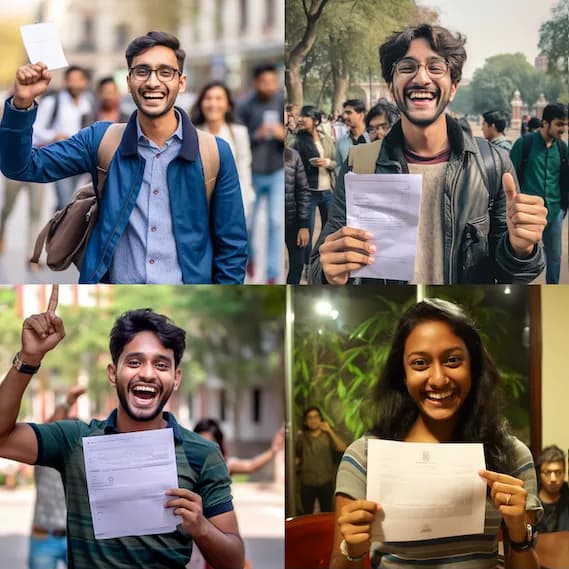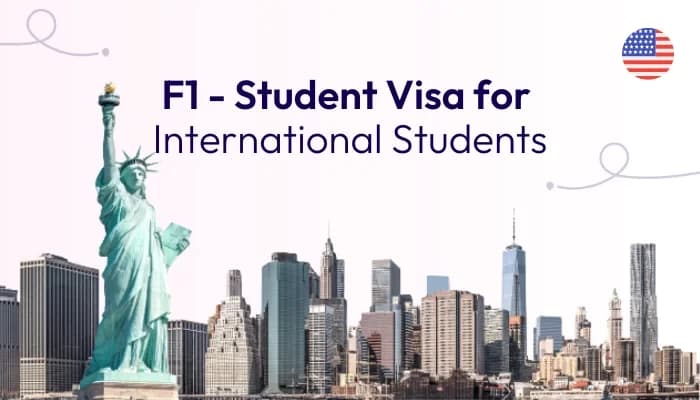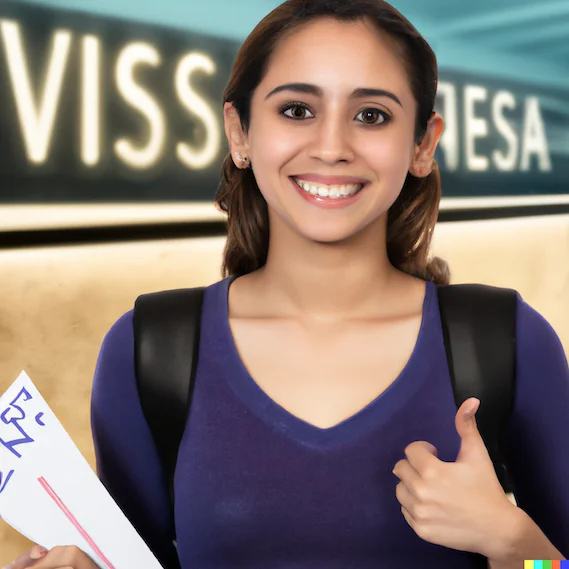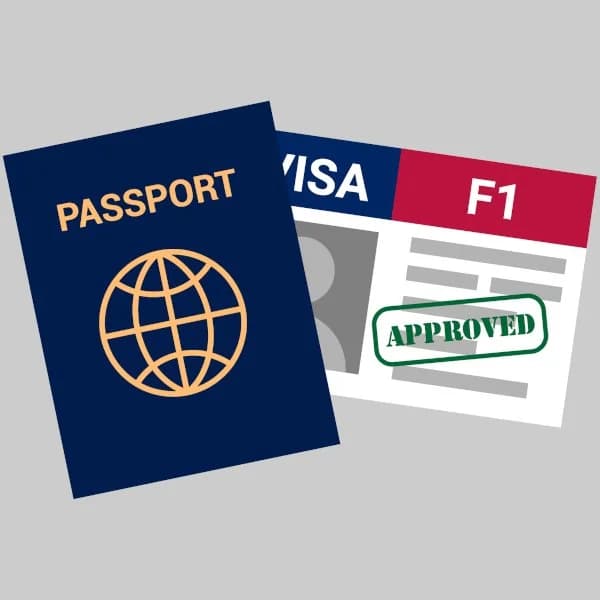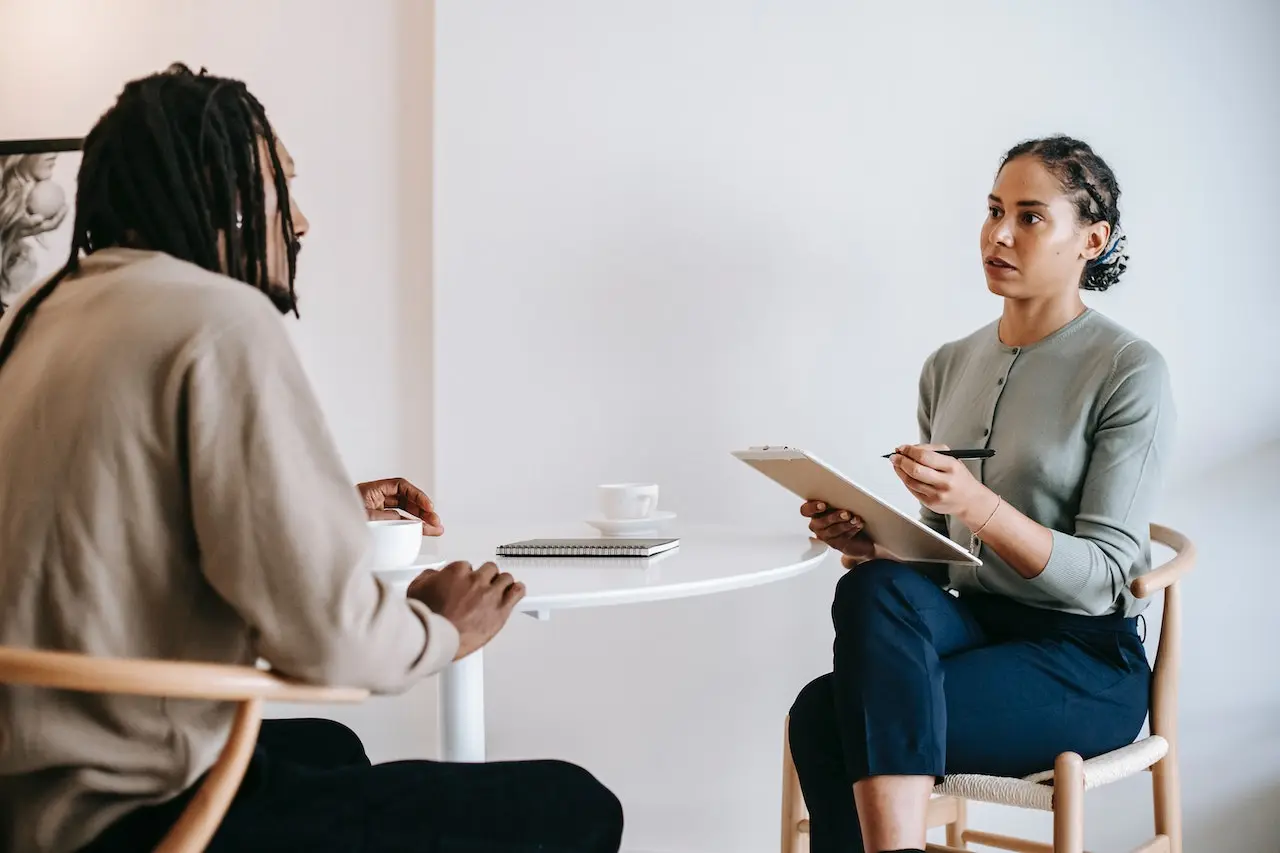F1 Visa Interview: Will you do OPT or CPT in US?
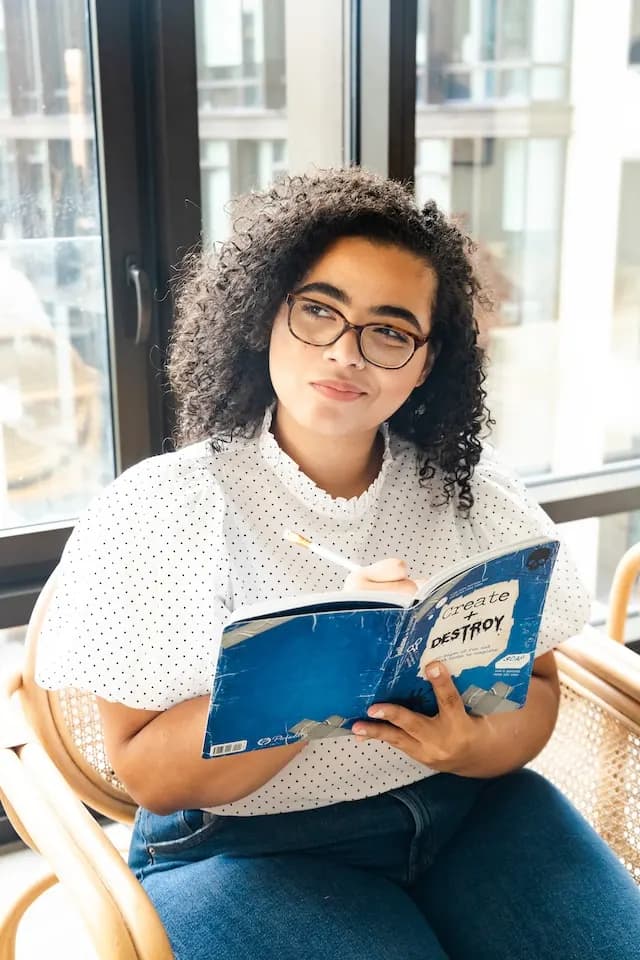
Key Highlights
- CPT: Before graduation; OPT: Before/after graduation.
- Purpose: Ensure you plan to return home and have a clear post-study plan.
- Response: Show interest, mention target fields/companies, assure return after OPT.
- Examples: "OPT with P&G, then return to India." "CPT with Boeing, return home." "OPT in consulting, return to Pakistan."
You've spent months preparing your documents, practiced your interview answers, and now the big day is here - your F-1 visa interview at the US consulate. As you sit face-to-face with the stone-faced consular officer, he asks you the one question you've been dreading:
"Will you do CPT while getting your degree? Where are you planning to work?"
"Will you do OPT after your graduation? Where are you planning to work and what will you do after OPT ends?"
This question strikes fear into the hearts of many F-1 visa applicants. After all, OPT-Optional Practical Training or CPT-Curricular Practical Training is not guaranteed - it's a benefit you can apply for while or after getting your degree. So how should you answer this question confidently?
Before we start, let's first understand what OPT and CPT are and how do they differ.
OPT (Optional Practical Training):
This is a work authorization that allows F-1 students to gain practical experience in their field of study. You can apply for OPT during or after completing your studies. There are two types of OPT: Pre-completion OPT, which you can apply for while still in school, and Post-completion OPT, which you apply for after finishing your studies. OPT allows you to work for up to 12 months, or up to 36 months if you have a degree in a STEM (Science, Technology, Engineering, Mathematics) field.
CPT (Curricular Practical Training):
This is another work authorization that allows F-1 students to gain practical experience before completing their studies. It must be an integral part of your curriculum and directly related to your major. You can apply for CPT after completing one academic year and can work part-time during the academic year or full-time during breaks.
Differences:
- Timing: CPT is done before completing your studies, while OPT can be done before (pre-completion) or after (post-completion) finishing your studies.
- Duration: CPT has no specific time limit, while OPT is limited to 12 months (or up to 36 months for STEM graduates).
- Application Process: CPT is authorized by your school's International Student Office, while OPT requires approval from USCIS (United States Citizenship and Immigration Services).
Now, take a deep breath, my friend. I'm here to walk you through this step-by-step so you can ace the OPT question like a pro at your F-1 visa interview.
1. Why They Ask This Question
First, let's understand why consular officers ask this. They want to determine two things:
- Are you planning to return to your home country after your studies?
- Do you have a well-thought-out plan to make the most of your time in the US?
See, F-1 is a non-immigrant visa. So they want to make sure you will leave the US at the end of your program and not overstay. They also want to see that you've done research about opportunities like OPT/CPT and have a strategy to gain work experience in your field.
2. How to Approach Your Response
Now, let’s look at how to craft your response. The secret is to strike a balance between having a clear post-study plan while also reassuring the officer that you absolutely intend to return home.
Here are the key elements your answer should cover:
a. Express enthusiasm about gaining work experience in the US. Talk about how you look forward to applying for OPT or CPT as it will help you gain valuable skills to boost your career. However, do not assume you will get it - use flexible language like "I plan to apply for CPT" or "If approved for OPT."
b. Have 2-3 companies or fields in mind where you’d like to gain experience, and share these with the officer. For example, "I’m interested in using CPT to get experience in consulting firms like McKinsey or tech firms like Microsoft." Most importantly, emphasize that you plan to return home after 1-3 years on OPT. Say something like "While I’m excited about OPT, I will certainly return to India after the program to be close to my family again."
c. Share your long-term career goals back in your home country. For example, "I eventually want to use my US education and experience to help grow the tech sector in my hometown in India."
If asked about further studies, say you plan to work for a few years first and then potentially pursue higher education back home. Make it clear that further studies in the US are not your intention. Avoid sharing details of any friends or family in the US, as that may raise dual intent concerns. The focus should be 100% on using OPT or CPT for temporary work experience.
By covering these points, you reassure the officer that you have done thorough research about OPT and CPT, have a plan to make the most of it, but fully intend to return home afterwards. This balances showing intent for OPT/CPT while also communicating a clear vision to not immigrate.
Sample Response 1
Let’s look at a sample response covering these elements:
“Yes, I do plan to apply for OPT after completing my studies to gain work experience in the United States. I’m very interested in working for a consumer goods company like Procter & Gamble or Unilever, as gaining experience in marketing and sales in the US market will be tremendously valuable for my career. However, I plan to return to India after 1-2 years on OPT. My parents live there, and I want to be close to them long-term. After OPT, I eventually hope to use my experience in the US to help consumer goods companies expand in the Indian market. So while I’m excited about OPT, my time in the US will be temporary and focused solely on professional development before returning home.”
Sample Response 2
Here’s another example:
“If approved for CPT, I’m enthusiastic about gaining work experience with aerospace firms like Boeing or Lockheed Martin. The chance to gain engineering experience in the US aerospace industry would be invaluable. However, I plan to return to India after OPT ends to be with my fiancé long-term and eventually take over my father’s engineering business. While gaining technical skills through OPT, my primary focus will be preparing to return home to India to start the next chapter of my career and life.”
Sample Response 3
And a third example:
"I do hope to secure OPT after graduation to gain work experience in the United States. My goal would be to work for a consulting firm like Deloitte or Accenture, as getting experience solving business challenges for US companies would be tremendously valuable for my skillset before returning to Pakistan. While I’m sure OPT would provide great professional development opportunities, I absolutely plan to return home after the program ends. My aging parents still live there, so being geographically closer to them is very important to me long-term."
There you have it, my friend! Three strong sample responses covering all the key elements to ace the dreaded OPT question. Keep these tips and examples handy as you prepare for your F-1 visa interview.
Remember, being confident and having a well-thought-out plan is key. Be thorough yet concise. Strike that critical balance between conveying your interest in OPT / CPT while also communicating your intention to return home afterwards.
You’ve got this! With the right preparation and a few deep breaths on interview day, you can knock this tricky question out of the park. Before you know it, you’ll have that approved visa in hand and be off to begin your U.S. study adventure!
Have Questions About This Topic?
Join our community to get personalized advice and share experiences with others going through similar visa processes.
